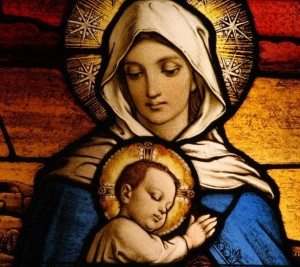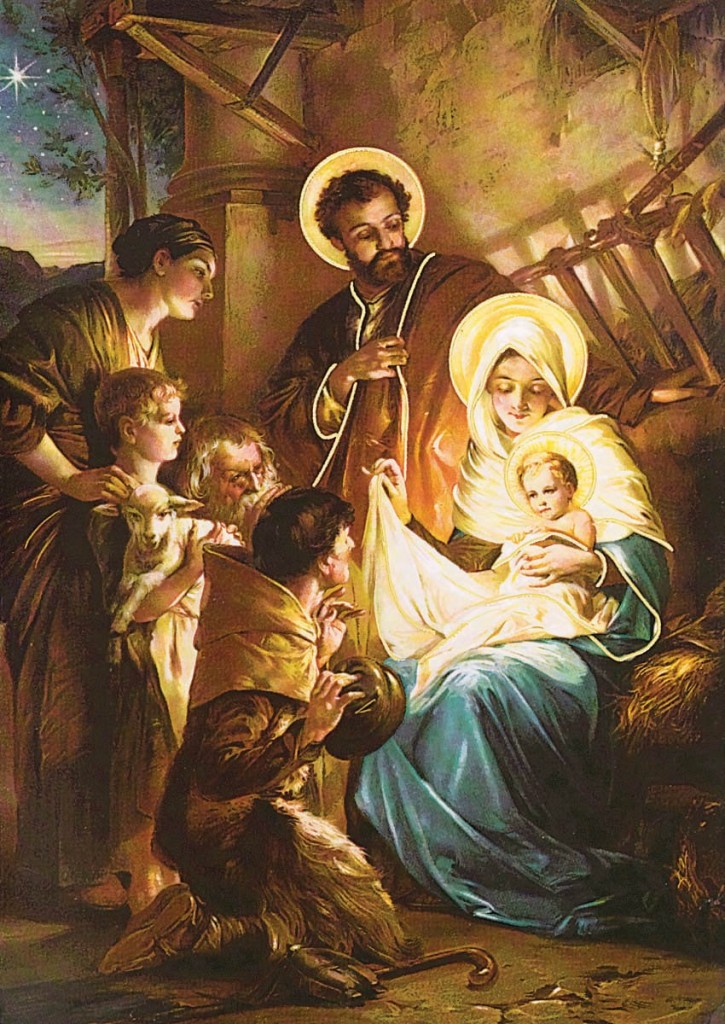 For hundreds of years, most Quakers held it as an important article of faith that true Christians should not observe days and seasons. Instead, Friends insisted on treating every time and place as an equal opportunity to experience the presence of God.
For hundreds of years, most Quakers held it as an important article of faith that true Christians should not observe days and seasons. Instead, Friends insisted on treating every time and place as an equal opportunity to experience the presence of God.
This principle led Quakers to ignore popular feasts and festivals, and even the most important holy days of the wider Church’s liturgical calendar. Until the late 1800s, Friends could be subject to community discipline for celebrating Christmas or Easter! To most of us living today, this seems a strange stance to take as a Christian community. What did earlier generations of Friends consider so wrong about setting aside time to remember the birth and resurrection of the Lord?
If anything, we might wonder whether perhaps we need more special days, not fewer. Most of us live in an environment largely devoid of explicit reference to the divine, and in some places sharing from a Christian worldview can be a serious faux pas. We are expected to keep our God-talk to ourselves! With faith expression increasingly going underground, there are often too few reminders of Jesus’ love and presence.
 The early Friends experienced exactly the opposite situation. In their day, not only was a Christian worldview encouraged, it was rigorously upheld by force of law! Backed up by a state church, a particular interpretation of Christianity was used by government authorities to justify abuses of power and human vanity. Days of remembrance like Christmas and Easter were prime time for state-sponsored preachers to interpret the Scriptures in ways that had little to do with the gospel message, and everything to do with reinforcing the status quo.
The early Friends experienced exactly the opposite situation. In their day, not only was a Christian worldview encouraged, it was rigorously upheld by force of law! Backed up by a state church, a particular interpretation of Christianity was used by government authorities to justify abuses of power and human vanity. Days of remembrance like Christmas and Easter were prime time for state-sponsored preachers to interpret the Scriptures in ways that had little to do with the gospel message, and everything to do with reinforcing the status quo.
The radical Quaker movement would have none of this. They denounced the very concept of religious holidays as anti-Christian, and insisted that Christmas and Easter were empty shells of the truth: Jesus Christ is born into the world each and every day, whenever a man or woman makes the decision to open their heart and let him come to live and reign in their lives. He is risen from the dead every time we do the works of righteousness that he is calling us to.
Rather than allowing the religious establishment to frame Jesus’ birth and resurrection as past events, the early Friends drew attention to the fact that Jesus is here, now, and ready to lead his people himself! Rather than merely remembering the Christ who once was, the Quaker movement sought to reveal and embody the living Jesus, whose light has the power to make us sons and daughters of God.
As we celebrate Christmas this year, how can we practice awareness of the birth that Jesus wants to have within each of us? As we remember Jesus’ outward birth in ancient Judea, what does it look like for us to participate in the inward birth that was the whole purpose of his coming? Will we go beyond the complacency of backwards-looking memorial religion, allowing Christmas to become a reality in our lives every day?